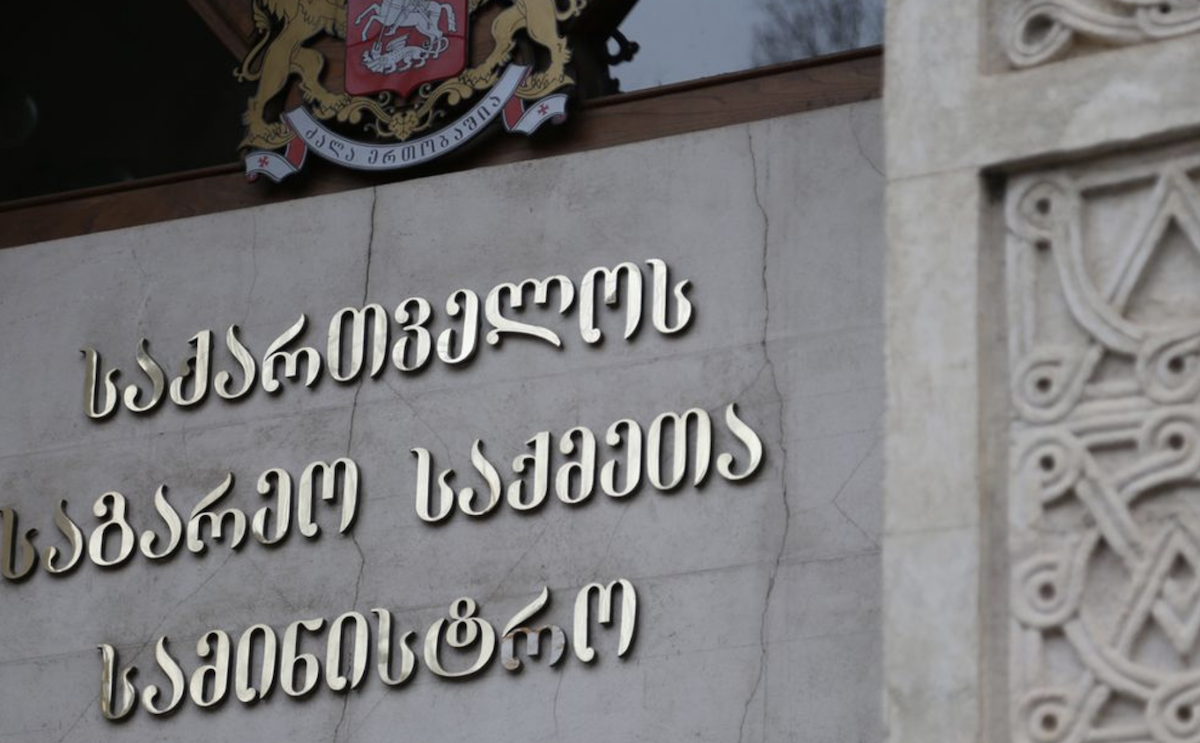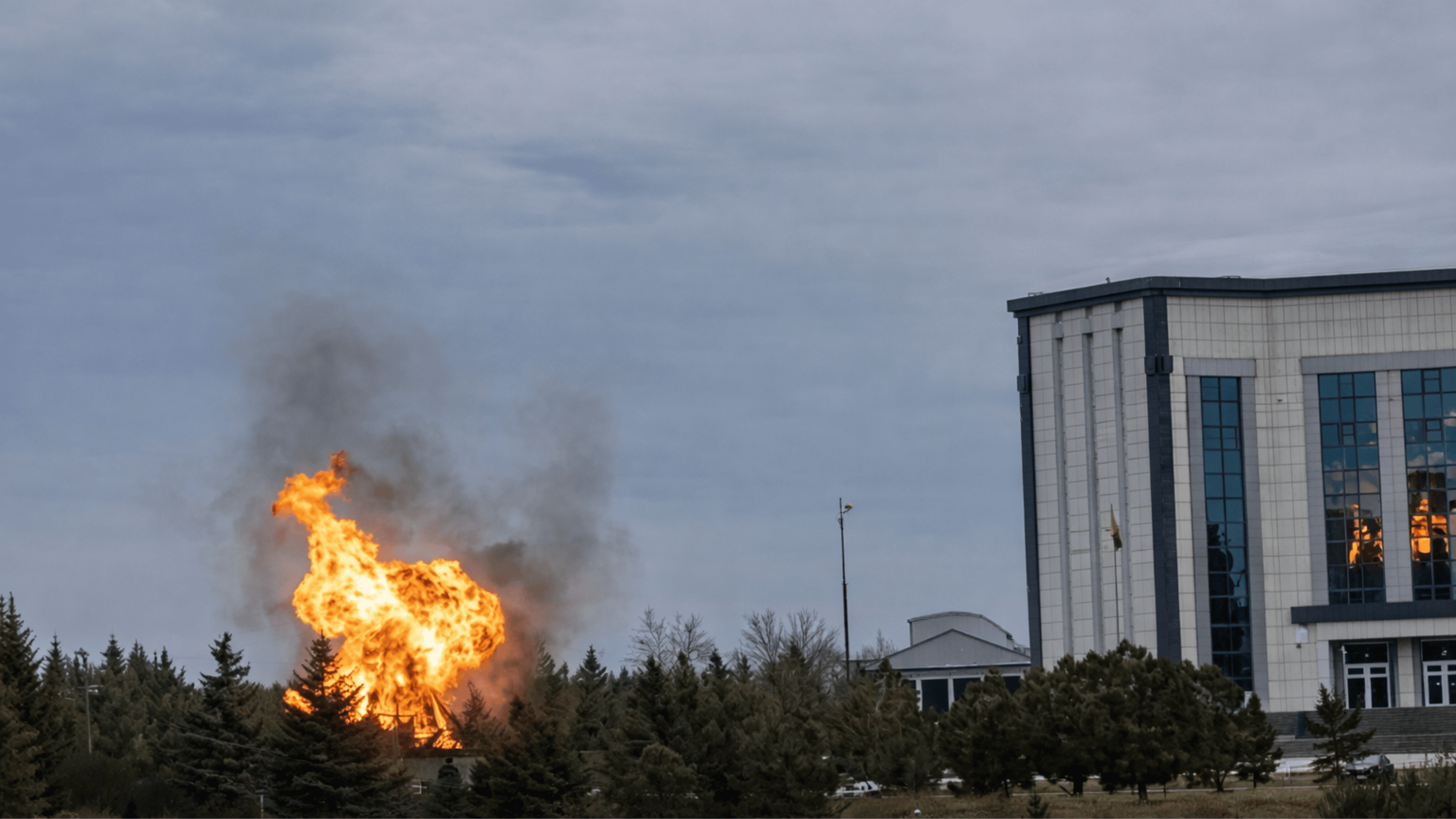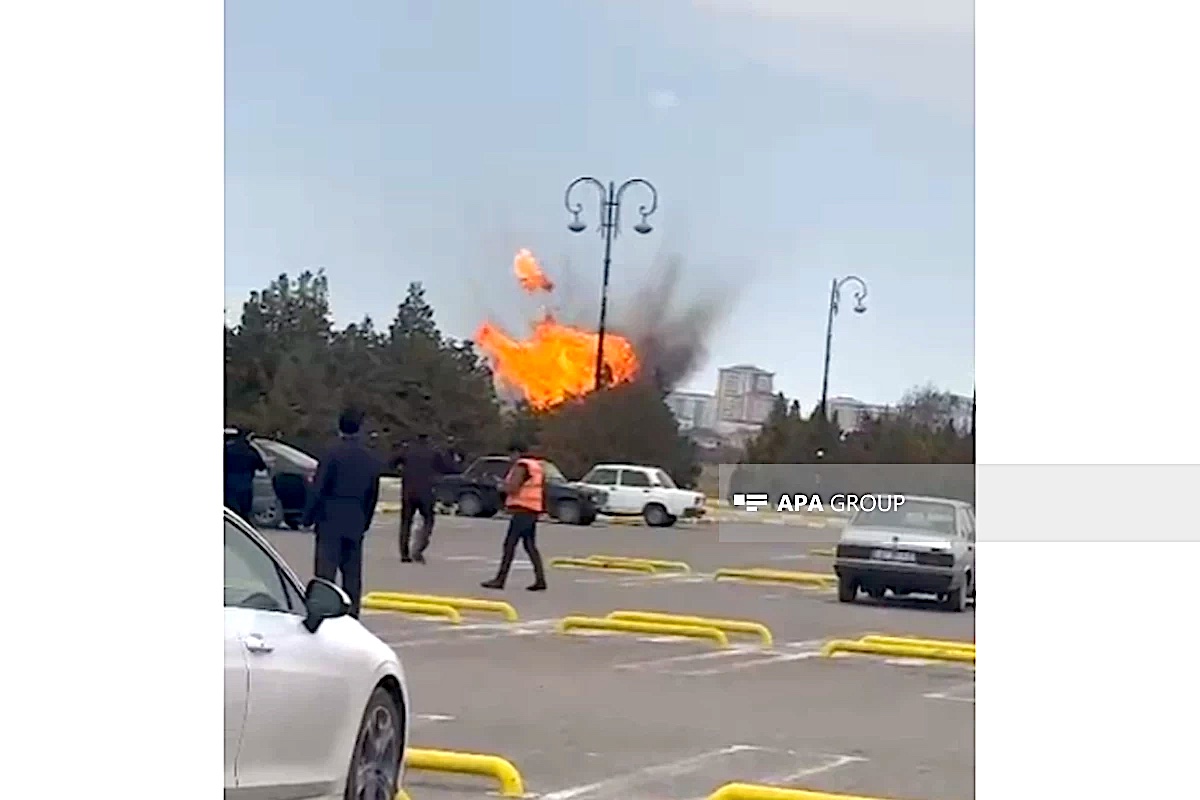Op-Ed: Abkhazia without electricity and business above all
Abkhazia faces a severe energy crisis; electricity is cut off for several hours daily. Uncontrolled consumption of electricity by cryptocurrency miners stands behind the crisis.
The government has tried to solve the problem for years – either by banning mining or by legalizing it, but it has failed to cope with the problem and avoid a collapse.
JAMnews editor in Abkhazia Inal Khashig analyzes the causes and likely consequences of the crisis.
How the government ‘combatted’ mining
The current Abkhaz energy crisis in the form of rolling blackouts throughout the country was easily predictable.
This was clear back in December 2018, when, under President Raul Khajimba, the government banned mining that was already wearing down the power system and ‘forgot’ to introduce a parallel ban on the import of crypto equipment into the republic.
Mining of cryptocurrency goes on despite restrictions, using a huge amount of energy
As a result, this ‘industry’ has not disappeared. On the contrary, it is flourishing now that there are no sanctions to remedy the situation – it has grown to sizes catastrophic for the Abkhaz energy sector. Now mining takes up almost a third of all energy consumed by Abkhazia.
- Can’t beat ‘em, join ‘em – Abkhazia allows cryptocurrency mining again
- Rolling blackouts return to Abkhazia following failure to rein in cryptocurrency mining
- Former Abkhaz VP: ‘Abkhazia must join Union State of Russia and Belarus’
In September, exactly by the time the government adopted a new decree on mining, now under the presidency of Aslan Bzhania, Abkhazia had already completely used up its part of the electricity generated by the only power plant supplying the republic – the Enguri hydroelectric power station.
The new decree was officially presented as a sedative measure. They said they would use it to stabilize the energy market. But in fact, only the genre of action has changed – we moved from a state of drama to tragicomedy.
How else could you explain it when the government, instead of a real war on mining, legalizes it and only bans the import of crypto equipment for two (!) months.
Now, that there are rolling blackouts, local residents in the village of Duripsh, driven to the extreme by the lack of light and low voltage in the network, have seized a substation.
Whereas the government keeps justifying itself saying they legalized this type of business and introduced a mining tariff of 1.5 rubles (about 2 cents) per kW in order to stabilize the industry and earn some 500 million rubles (about 6.5 million dollars).

What came of it
As a result, they put the industry into a state of shock, and earned nothing in the end. And couldn’t have possibly earned something either.
Indeed, our state management has a peculiar take on attracting funds to the state budget.
For example, we have a whole bunch of state-owned enterprises, but they are all identically unprofitable, and almost bankrupt in terms of securities.
That’s not surprising, because the directors of these enterprises relish in luxury.
Even if you were to organize a state-owned company selling cocaine, the enterprise will still be unprofitable. That’s the way it is.
Well, even if these 500 million, contrary to the established rules, entered the treasury, we would still be in the red. You don’t have to hold a PhD in Economics – ordinary arithmetic is enough to understand how untenable these calculations are.
What’s next
Now that Abkhazia has used up its annual limit on electricity, it’s unclear at whose expense our ‘light bulbs’ are burning. Most likely at the Georgians’.
God be with them, we won’t pay Georgians out of pride, but from February for four months the Ingur hydroelectric power station will be renovated, and then, of course, we can walk with our head held high, but we’ll have to pay.
Throughout this period Abkhazia will be powered by Russian electricity at 2.6 rubles (3.4 cents) per kW, at least that’s the price at which electricity has been supplied to us from Russia for the last two years.
The pleasure of receiving Russian energy for two weeks in each of the previous years cost Abkhazia six hundred million rubles (about $7.9 million) in debt.

Now four months on someone else’s energy, according to the calculations of power engineers, will cost us about 4 billion ($52 million).
This means that the state will have to pay the difference of 1.90 rubles between the price of Russian electricity and the tariff for mining, given that businesses fully pay the invoices for consumed energy.
So what’s the point of this business?
The answer lies on the surface.
The owners of the largest crypto farms are those who are usually called the “political elite”, regardless if they’re in power or in opposition.
These “managers”, periodically replacing each other, have long mastered the golden rule that the best business is one making profit off of the state.
Therefore, I personally have no illusions regarding the end of this epic.
Moreover, rumor has it that Russian companies wish to seize control of the Abkhaz energy market. Taking into consideration the peculiarities of the Abkhaz management and the overall situation on the market, the scenario with the intentional collapse of the energy sector is far from unthinkable.



















